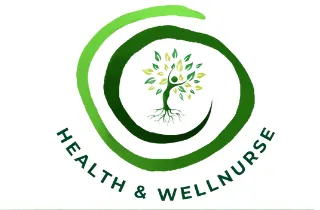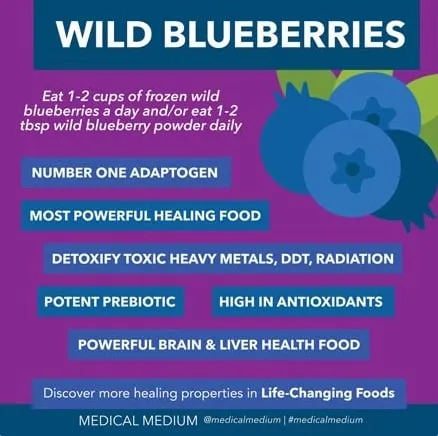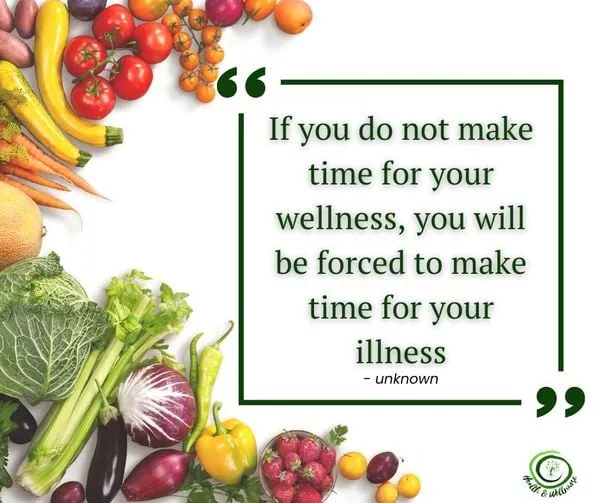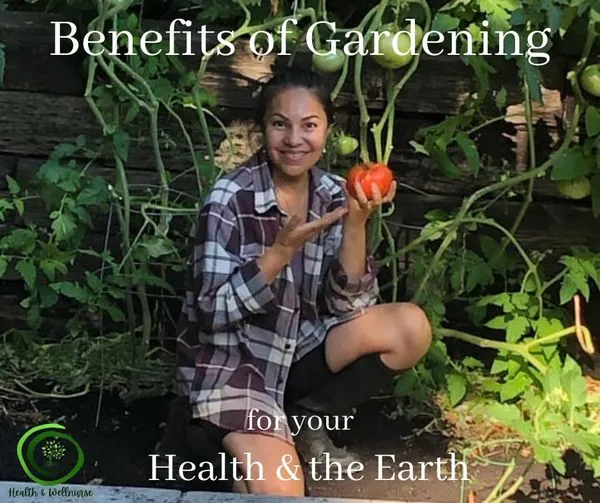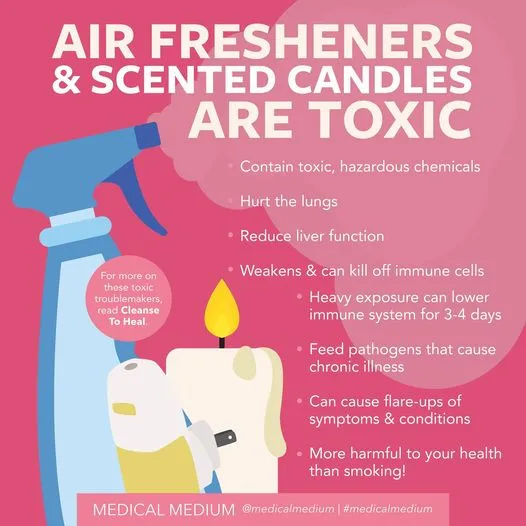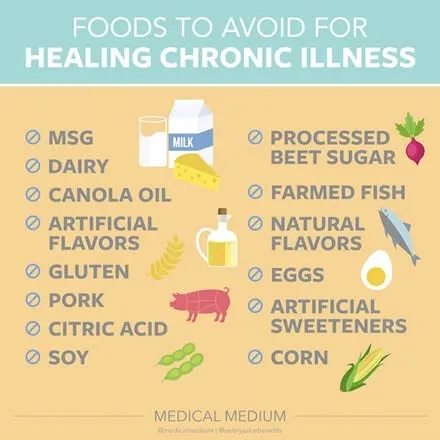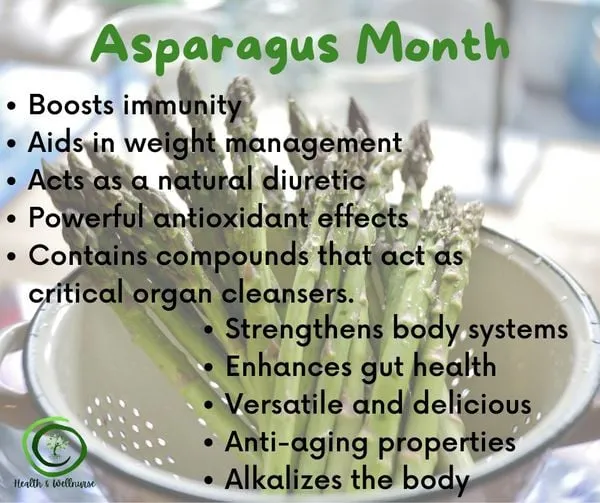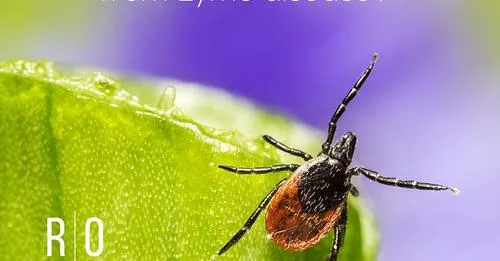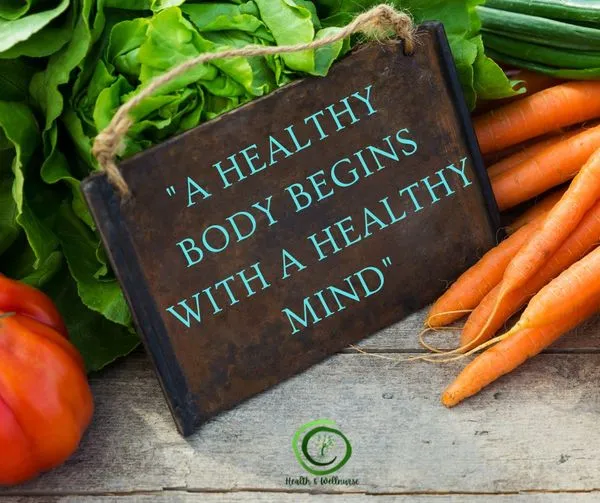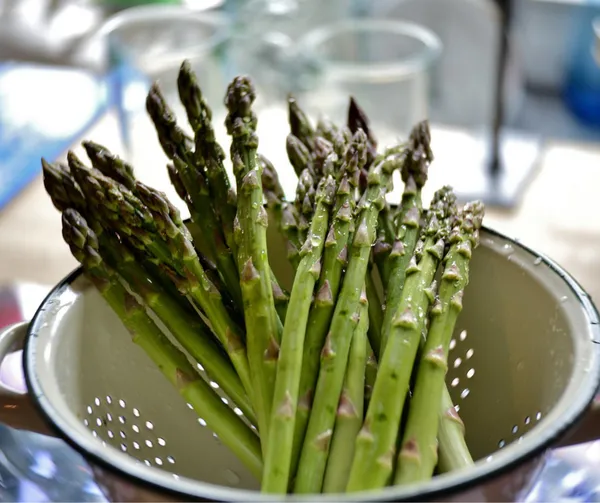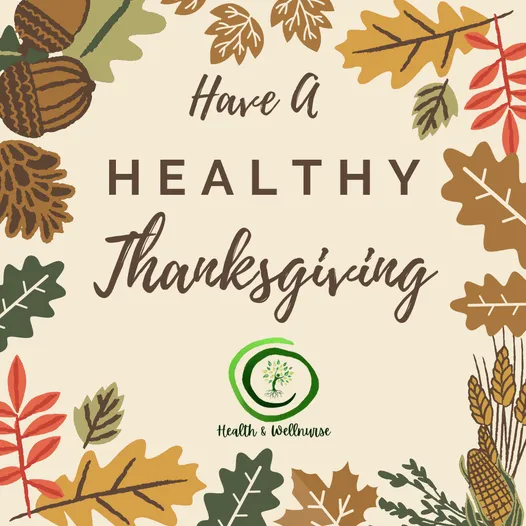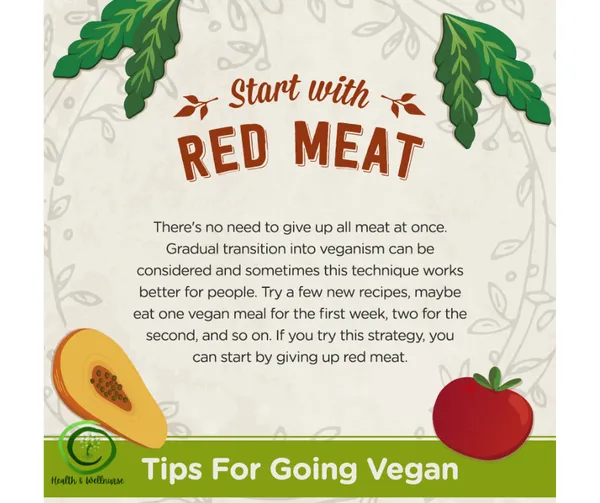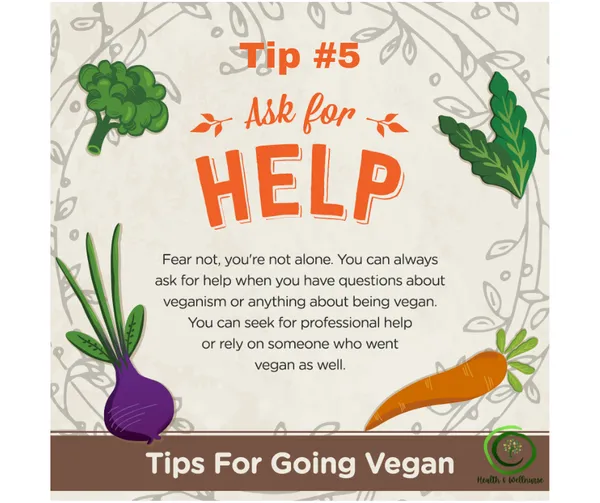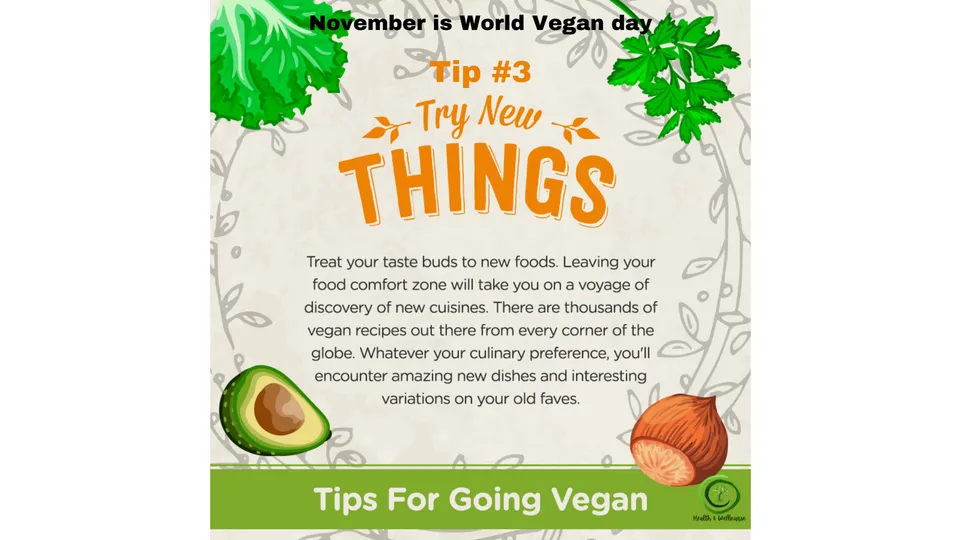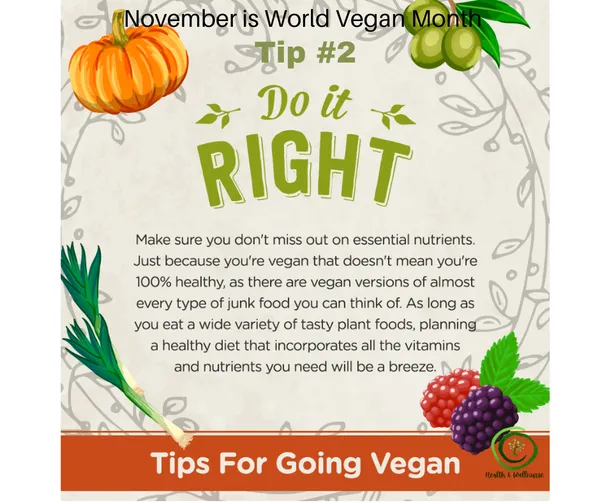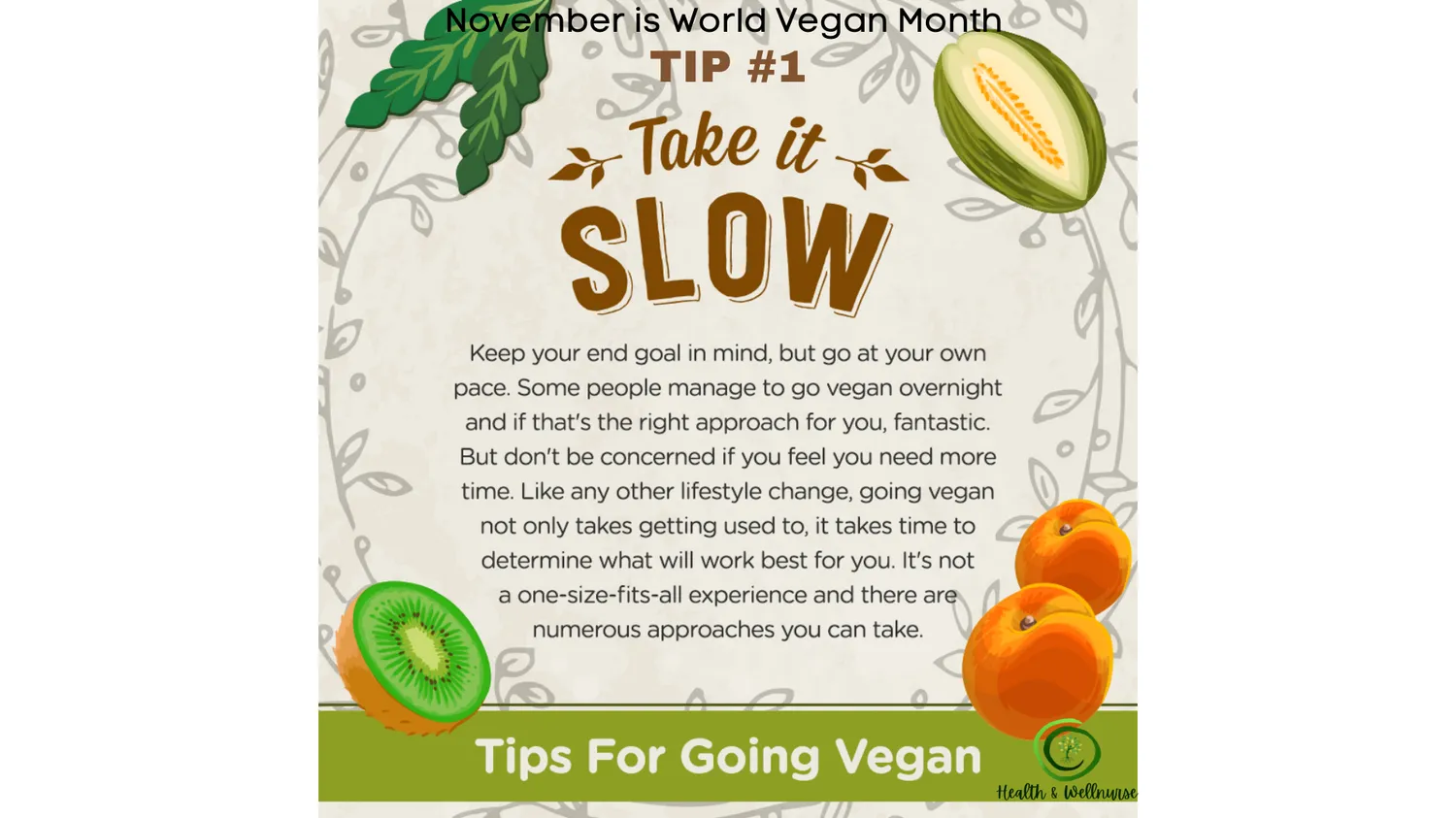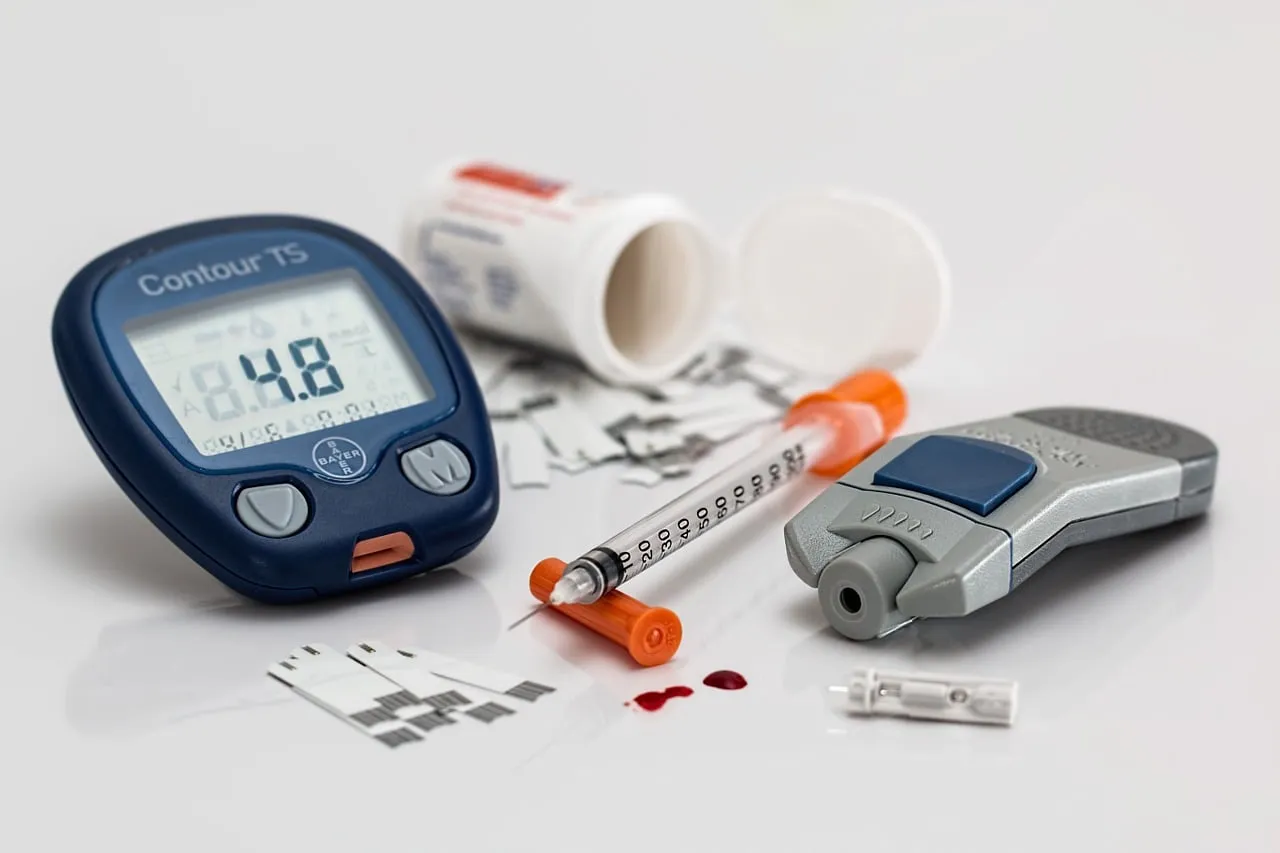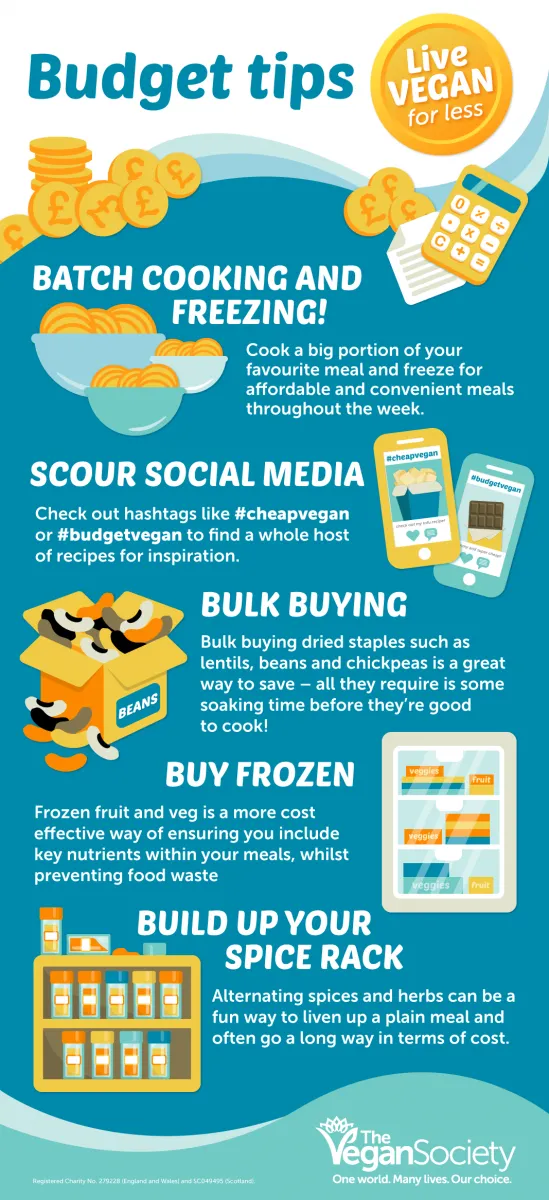NOVEMBER is COPD Awareness Month
What You Need to Know about Living with COPD
If you’re short of breath after climbing a few stairs, you may have Chronic Obstructive Pulmonary Disease (COPD). It’s a condition that affects almost 7% of adults, and your risk increases as you grow older.
A diagnosis of COPD means you have one or a combination of certain lung disorders that make it difficult to breathe. That includes emphysema and chronic bronchitis. The symptoms usually develop gradually, and many cases go undetected. The most common cause is cigarette smoking, along with other irritants like air pollution and some chemicals. In rare cases, it can also be due to genetics.
Early detection and treatment can help prevent further damage to your lungs. If you follow your doctor’s recommendations, you may be able to enjoy more of the activities you love.
- Get diagnosed. A spirometry is usually the preferred test for catching COPD as
soon as possible. It involves blowing into a tube that measures your lung
capacity. Your doctor will also ask about your medical history and may perform
other tests, including a chest X-ray.2. Take medication. Your doctor may prescribe a variety of different drugs. That could include bronchodilators that open your airways when you inhale them, as well as corticosteroids and antibiotics. You may also need oxygen therapy. - Try pulmonary rehabilitation. Many patients benefit from a comprehensive
program of education and exercise. For example, you can learn breathing
techniques that will enable you to be more active and methods of coughing
that break up mucus. - Seek urgent care. Call 911 or visit an emergency room if you experience severe shortness of breath. Immediate care may also be needed if your chest feels tight or you have pain in your arms and upper body.
Your daily choices matter and there are many lifestyle habits that can help people living with COPD. Try these habits that will help you to deal with the physical and emotional challenges that come with COPD:
- Keep a log. You may also be able to anticipate and prevent flare-ups or exacerbations that are common with COPD. By controlling these temporary periods of severe symptoms, you lower your risk for hospitalization and complications including lung or heart failure.
- Safe movement regularly. You can usually find ways to work out even when physical activity aggravates your breathing difficulties. Ask your doctor or physical therapist about safe exercises that can increase your energy levels and train your body to use oxygen more efficiently.
- Find support. Coping with any chronic condition can be stressful. You may
experience depression and feel awkward in social situations. Let your loved
ones know how they can help. Call the American Lung Association to find a
Better Breathing Support Group in your area. - Eat a whole-foods diet. The way you eat can make breathing easier too. Lose excess weight and limit foods that cause gas or bloating. Drink plenty of water to thin your mucus. If you take steroids, you may also want to take nutritional supplements such as Zinc, Vit C, ALA, N-Acetyl Cystein to avoid deficiencies.
Foods that help COPD (can be beneficial, soothing, or anti-inflammatory):
FRUITS:
Citrus such as lemons and oranges
Coconut water
Pomegranates
Plums
Strawberries
Wild blueberries
MelonsVEGETABLES
Green beans
Green peas
Purslane
Kale and other Leafy greens
Cruciferous veggies
Swiss chard
Parsley
Garlic
Onions,
Potatoes & Sweet Potatoes
SquashOTHER FOODS:
Chia seeds
Reishi
Schizandra berriesBENEFICIAL HERBS:
Mullein leaf
Lomatium root
Nettle leaf
Olive leaf
Peppermint
AshwagandaAvoid or limit all animal protein, including eggs and dairy – this reduces fat in the bloodstream to increase oxygen blood levels. Animal protein can be hard on the liver and lymphatic system, which can further cause more mucus that can be pushed up into the lungs causing more problems in COPD. You can replace animal protein with healthier plant protein options such as quinoa, millet, or oatmeal.
Hydration is very important (coconut water, lemon water, melons and celery juice). Hydration helps loosen mucus.I hope these tips help you if you’re already affected. You can maximize the quality of your life by adopting a healthy lifestyle and see the positive changes that can happen.
Good luck and good health to you,
Jennifer
aka your Health & WellnurseCOPD #COPDAwareness #COPDAwarenessMonth
